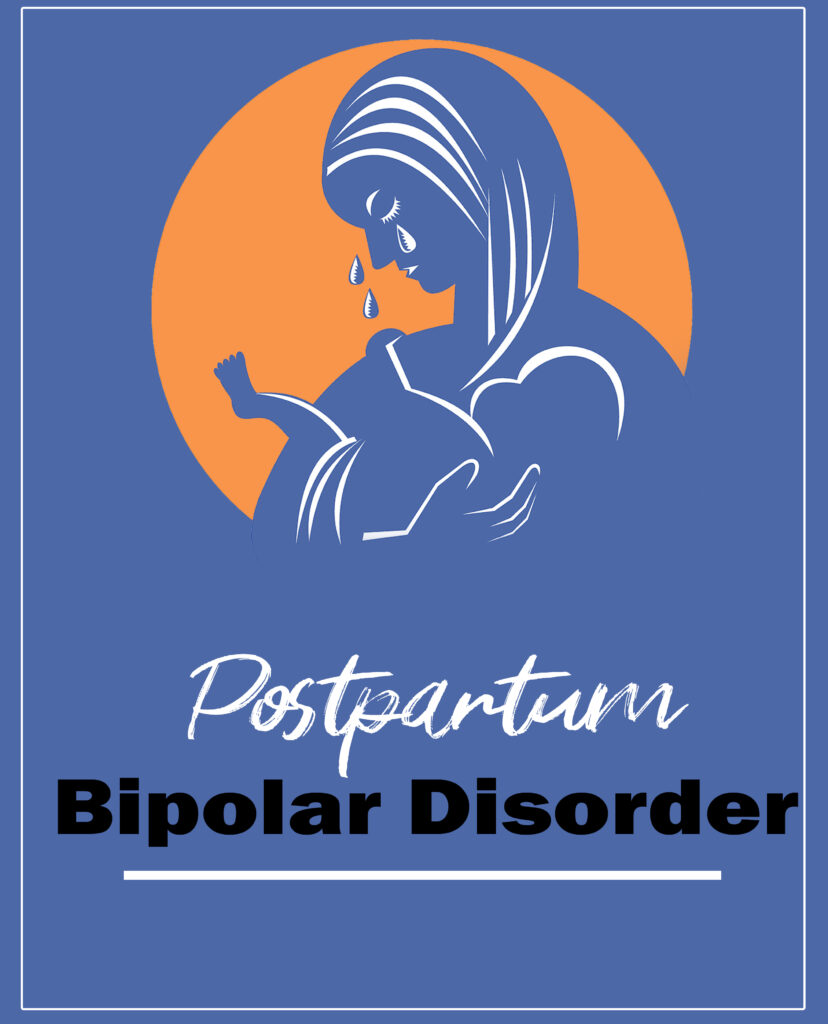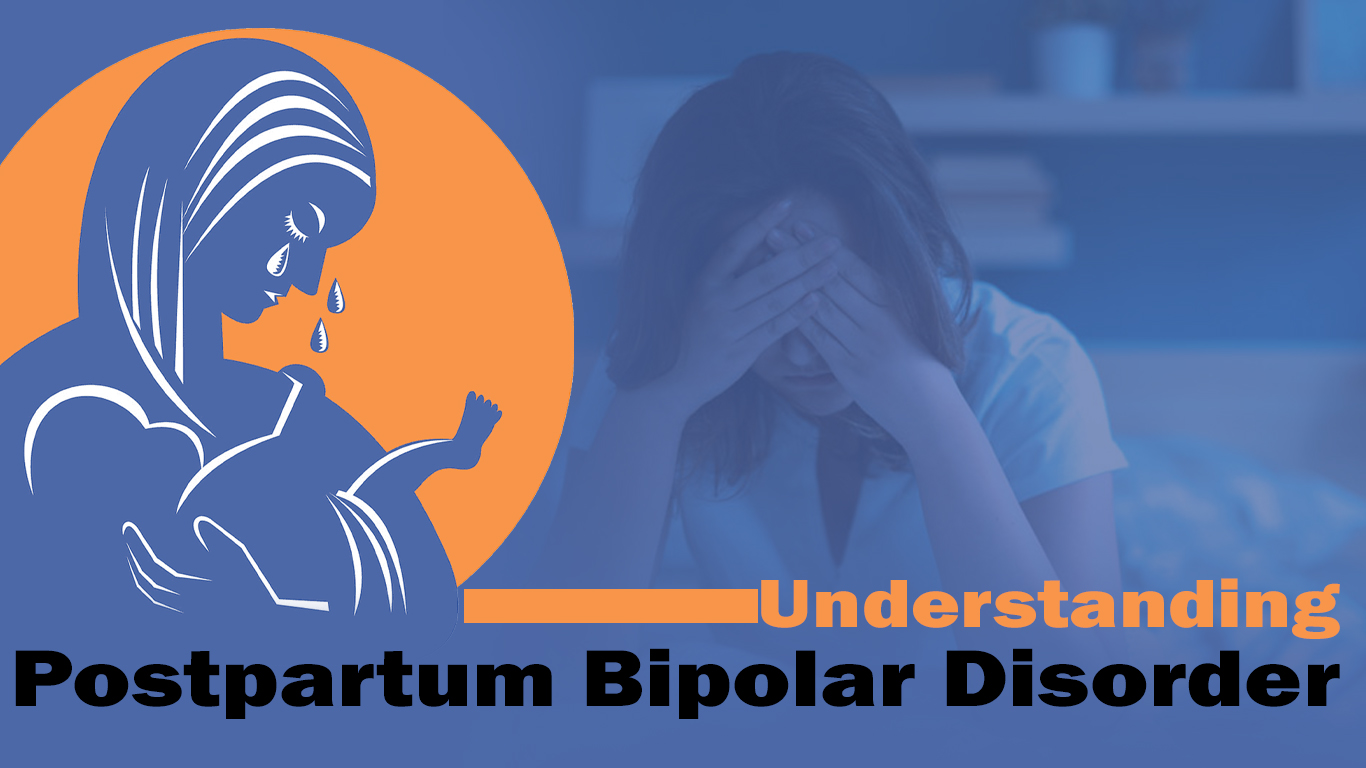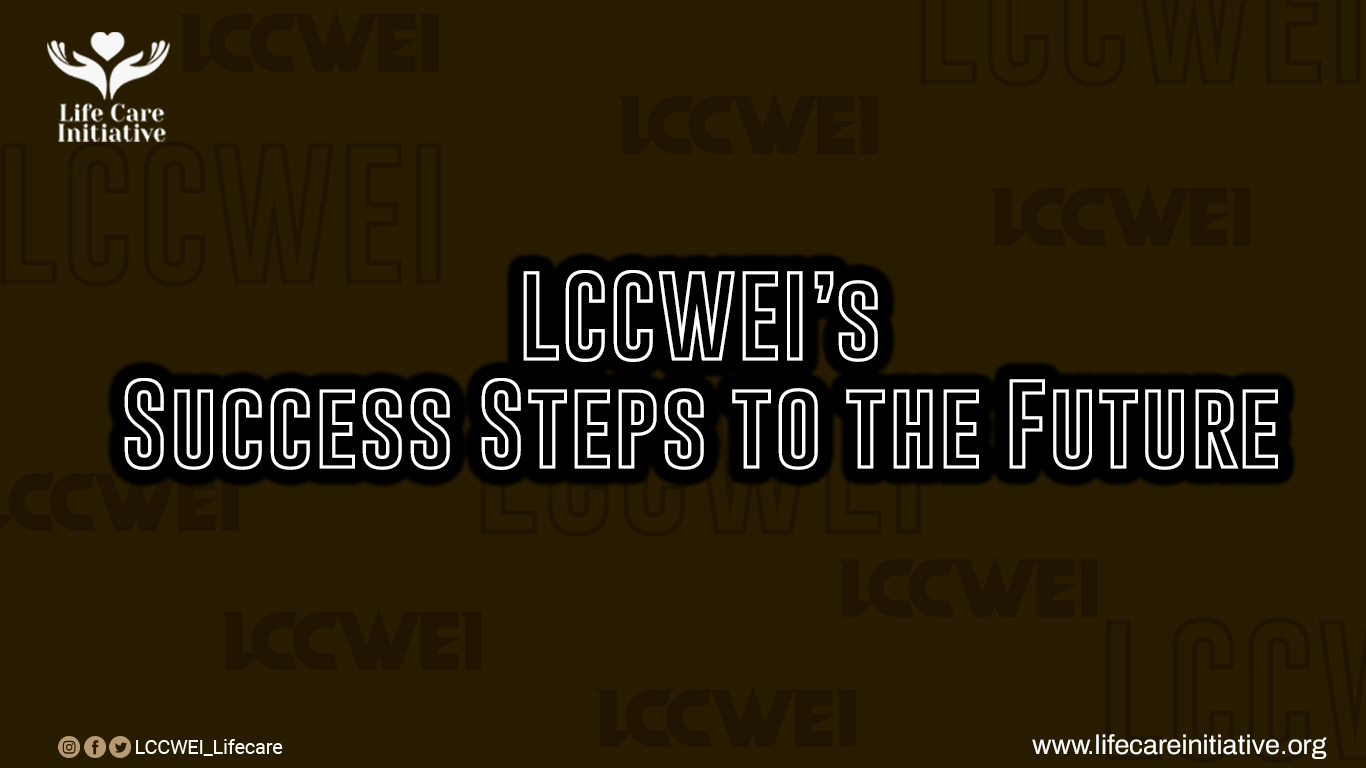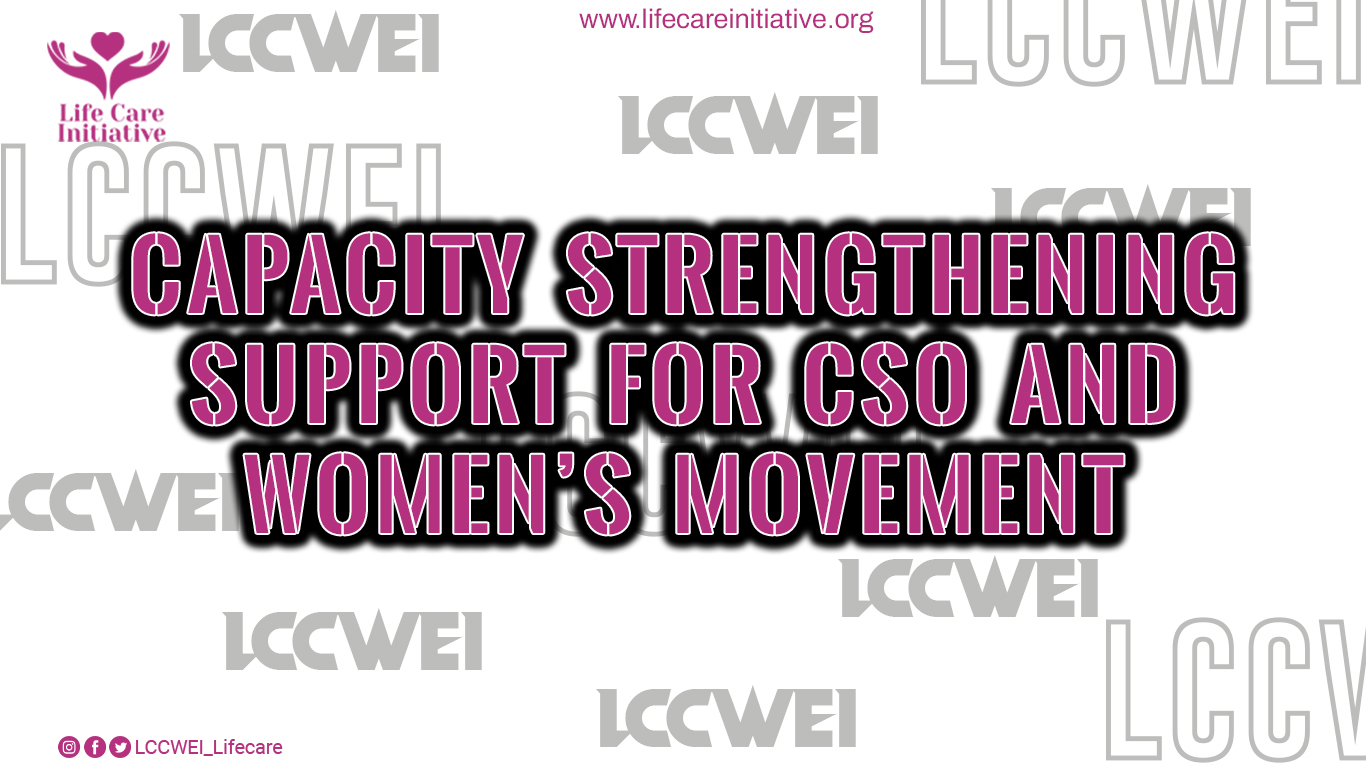Postpartum Bipolar Disorder discussions have been increasing, which is a good thing that has been silent yet affecting many lives. Bipolar disorder is associated with extreme mood swings; the lows and the highs. The ups, also referred to as hypomania is characterized by high irritability, euphoria, racing thoughts, and destructive behaviors. The lows, clinically called depression, is characterized by suicidal thoughts and feeling of worthlessness, helplessness, and troubled decision-making. These extreme mood swings are generally characterized as mental illness, which is also associated with genetic and neurological makeup. The effects of this disorder can be severe and affect the newborn, the mother, close family members, or friends.

Most of the women show Postpartum Bipolar Disorder a few days or weeks after delivery. According to Postpartum Support International, bipolar symptoms can take at least four days before confirmation of the disorder. This means that a woman’s mood history needs to be reviewed to tell whether she is having Postpartum Bipolar Disorder. A woman can appear to be excited due to the gift of a newborn whereas it is not the case. It can cause severe effects in the case where depression is treated leaving out the hypomanic part of the disorder. Family and personal history of extreme mood swings are risk factors for the disorder. Professional mental health specialists need to be involved in diagnosing and treating the condition during postpartum. The newborn gets at risk due to the unpredictable mod changes of the mother. A lactating mother who is depressed and thinks of suicidal actions can end up harming the child or herself if appropriate care is not taken.
Lifecare Children and Women Empowerment Initiative (LCCWEI) is determined to spread awareness to help women understand Postpartum Bipolar Disorder and how to manage it. Many women have the fear of developing the disorder as they worry that they would end up making wrong decisions. More awareness needs to be spread especially in the rural areas in developing countries to help women and young girls understand more about Bipolar Disorder and advocate for healthy mental status.






One Comment
Henry
Great information. Is very important to create awareness regarding to this issue.